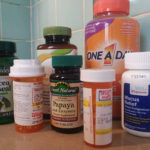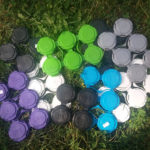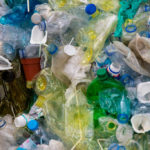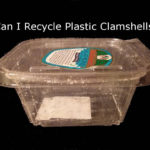It’s Time to Hold Manufacturers Responsible for Plastic Pollution
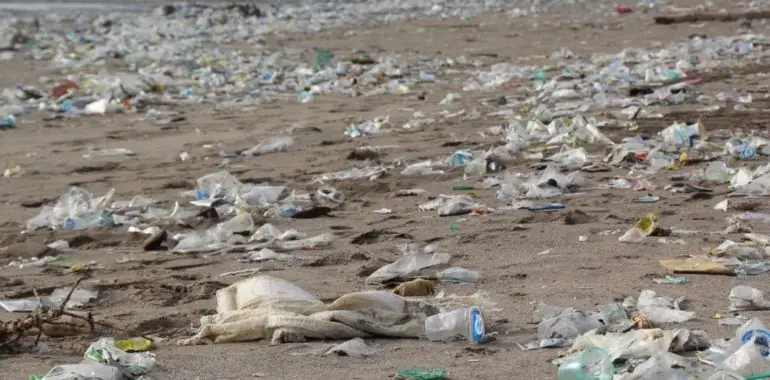
It’s Time to Hold Manufacturers Responsible for Plastic Pollution
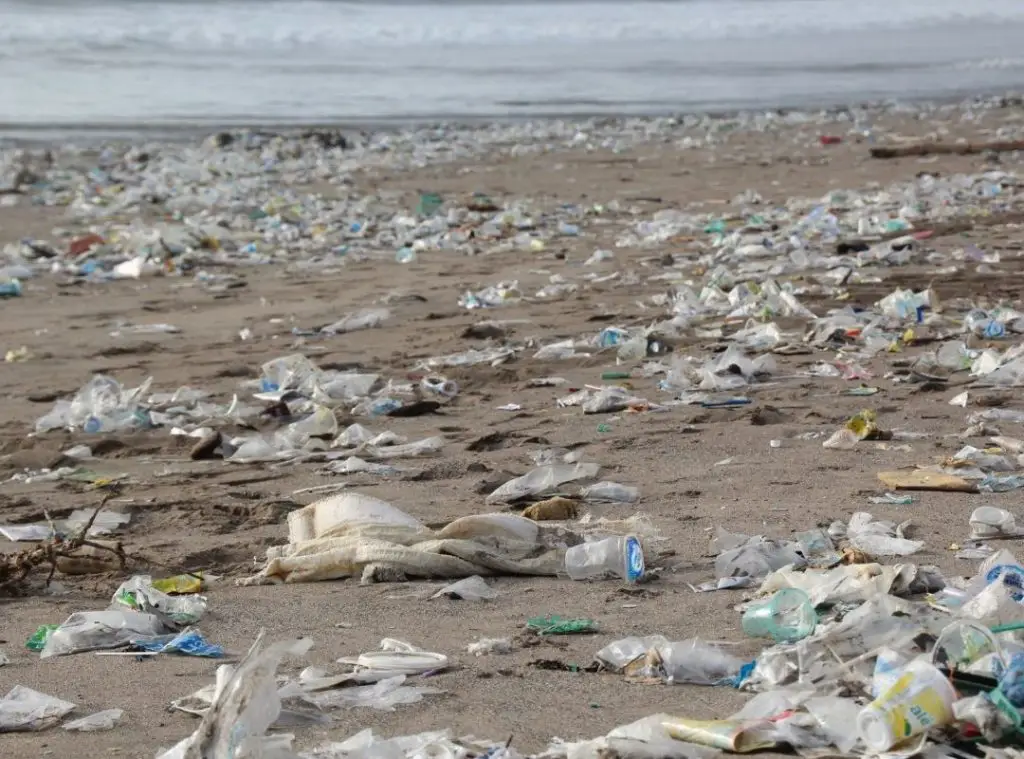
Recently, host of Last Week Tonight, John Oliver, devoted a show to discussing why plastic manufacturing and recycling is so screwed up. It was a really good summary of what’s happening with plastic pollution, why plastic recycling is so broken, and where we go from here. (It was also somehow funny, while being simultaneously horrifying.)
There is a new bill just introduced in Congress that, if passed, would make sweeping reforms to the way plastic is generated, recycled and disposed of, and it needs our support. More on that later. But first, let’s understand the enormity of our problem with plastics.
Why Plastics Recycling is Broken
Less than 9% of the plastics generated in the United States are actually recycled. Yes, you read that depressing fact correctly. Why is it this number so low? The plastics manufacturing industry would have you believe that it is your fault and the fault of your neighbors and all the consumers who simply throw their bottles and containers in the trash or worse yet, off to the side of the road or into waterways.
Although individuals who don’t recycle or or recycle incorrectly are certainly part of the problem, there is a bigger issue. And that is the fact that even when you dutifully recycle your containers, they may still not end up being recycled. Why not? There are a number of factors:
- Virgin plastic is usually cheaper and easier to make than most types of recycled plastic so manufacturers don’t want to bother with recycling anything other than #1 and #2 type bottles and jugs.
- After facing backlash in the 1960s and 70s, the plastics industry pushed the idea of recycling and lobbied to get the recycling symbol put on every type of plastic, which had the (intentional) effect of making consumers believe that all plastic packaging is recyclable. The reality is that most of it, like clamshells and other flimsy plastics or rigid plastics are too difficult and low worth to recycle.
- Plastic loses some of its strength and flexibility every time it is recycled, so even if it does get recycled, it usually has to be mixed with virgin plastic or downcycled into a more rigid type of plastic like a bench or playground equipment rather than back into a bottle, meaning that it’s always going to be an inefficient process.
- Some plastics, even if they are a type that is recyclable, won’t end up in the right place because of their size or shape. Bottles and jugs are easily dealt with on an automated recycling sorting line, but small bits of plastic like caps or odd-shaped, flat or skinny items can fall through the screeners and end up in the wrong place.
- We used to be able to ship most of our plastic to places like China so we didn’t worry much about labeling plastics better or packaging materials in a truly recyclable way, because we didn’t have to deal with it. But China stopped taking this stuff in 2017, and now we’re left holding the (non-recyclable plastic) bag.
Where does all this plastic go?
None of this plastic really goes away. It breaks down into tiny microplastic bits and ends up in our soil and air and washes into the ocean, creating enormous amounts of plastic pollution. More and more plastic is ending up in our food and drinking water. It’s estimated that an average person ingests a credit card’s worth of plastic EVERY WEEK! Not to mention the toxins that end up in the air when trash is incinerated. And of course all these problems are worst in poor communities where unrecyclable plastics tend to get dumped.
There of course is always a place for personal responsibility and conscious choices. Those of us who have available options and can afford to make informed purchases can choose to buy products from brands that are offering recycled, compostable or lower-waste packaging options. However, there is often only so much that we as consumers can do. If you need to buy laundry detergent, and the only options at the stores available to you are all packaged in plastic, what are you supposed to do? It’s extremely difficult in modern society to completely avoid plastic. It’s everywhere.
Despite all the pushback against plastics over the years, there is little incentive for the plastics industry to change. The manufacturers don’t have to figure out how to dispose of the product at the end of its life, so they are going to continue to choose whatever is cheapest and easiest for them, which is pumping out more and more plastic made from mostly virgin materials. And we are the ones who bear the costs of disposing of all this plastic waste, through our taxes that pay for increasingly expensive trash hauling and landfilling services.
Holding Plastics Producers Responsible
This is why many countries have adopted what are called Extended Producer Responsibility (EPR) laws. Under these types of laws, the financial burden of waste management is shifted onto the producers of the waste so that they are incentivized to find more sustainable alternatives or create systems to deal with with the waste.
Some states are banding together and introducing their own EPR bills, but a national bill was also just introduced today. The Break Free From Plastic Pollution Act, if passed, would represent a huge step toward getting our plastics crisis under control. This legislation seeks to:
- Shift the financial burden of waste management and recycling off municipalities and taxpayers to where it belongs: the producers of the waste;
- Spur investments in recycling and composting infrastructure;
- Phase out certain unrecyclable single-use plastic products;
- Establish minimum recycled content standards;
- Launch a national beverage container refund program to bolster recycling rates;
- Place a temporary pause on new and expanding plastic facilities until the Environmental Protection Agency updates and creates environmental and health regulations to protect communities;
- Prohibit plastic waste from being exported to developing countries.
Please take a moment to contact your local representatives to encourage them to sponsor this bill. There is a very quick and easy form on the site that you can fill out that will generate the letter for you, it only takes a minute.


